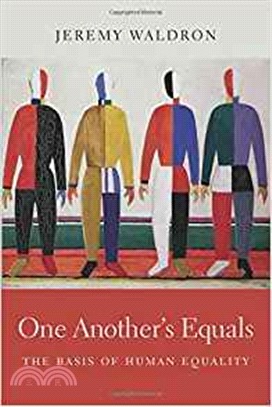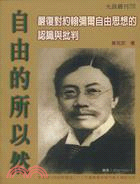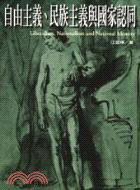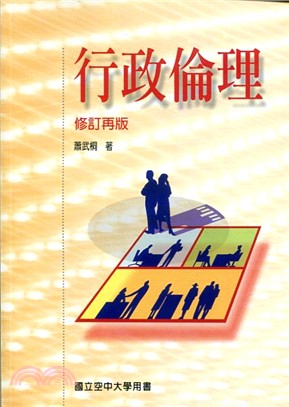One another's equals :the basis of human equality /
正題名/作者 : One another's equals :/ Jeremy Waldron.
其他題名 : the basis of human equality /
作者 : Waldron, Jeremy.
出版者 : Cambridge, Mass. :Belknap Press of Harvard University Press,2017.
面頁冊數 : x, 264 p. ;22 cm.
標題 : Equality. -
ISBN : 9780674659766 (hbk.)
LEADER 02273cam 2200205 a 450
001 255883
003 DLC
005 20170810184628.0
008 161116s2017 mau b 001 0 eng
010 $a 2016047874
020 $a9780674659766 (hbk.)
035 $a00302400
050 00$aJC575$b.W335 2017
082 00$a320.01/1$223
090 $a320.011/W147o///UM059951
100 1 $aWaldron, Jeremy.$3171321
245 10$aOne another's equals :$bthe basis of human equality /$cJeremy Waldron.
260 $aCambridge, Mass. :$bBelknap Press of Harvard University Press,$c2017.
300 $ax, 264 p. ;$c22 cm.
504 $aIncludes bibliographical references and index.
505 0 $a"More than merely equal consideration"? -- Prescriptivity and redundancy -- Looking for a range property -- Power and scintillation -- A religious basis for equality? -- The profoundly disabled as our human equals.
520 $aAn enduring theme of Western philosophy is that we are all one another's equals. Yet the principle of basic equality is woefully under-explored in modern moral and political philosophy. In a major new work, Jeremy Waldron attempts to remedy that shortfall with a subtle and multifaceted account of the basis for the West's commitment to human equality. What does it mean to say we are all one another's equals? Is this supposed to distinguish humans from other animals? What is human equality based on? Is it a religious idea, or a matter of human rights? Is there some essential feature that all human beings have in common? Waldron argues that there is no single characteristic that serves as the basis of equality. He says the case for moral equality rests on four capacities that all humans have the potential to possess in some degree: reason, autonomy, moral agency, and ability to love. But how should we regard the differences that people display on these various dimensions? And what are we to say about those who suffer from profound disability--people whose claim to humanity seems to outstrip any particular capacities they have along these lines? Waldron, who has worked on the nature of equality for many years, confronts these questions and others fully and unflinchingly. Based on the Gifford Lectures he delivered at the University of Edinburgh in 2015, One Another's Equals takes Waldron's thinking further and deeper than ever before.--$cProvided by publisher
650 0$aEquality.$3138813
650 0$aCivilization, Western.$3173543
One another's equals :the basis of human equality /Jeremy Waldron. - Cambridge, Mass. :Belknap Press of Harvard University Press,2017. - x, 264 p. ;22 cm.
Includes bibliographical references and index.
"More than merely equal consideration"? -- Prescriptivity and redundancy -- Looking for a range property -- Power and scintillation -- A religious basis for equality? -- The profoundly disabled as our human equals.
An enduring theme of Western philosophy is that we are all one another's equals. Yet the principle of basic equality is woefully under-explored in modern moral and political philosophy. In a major new work, Jeremy Waldron attempts to remedy that shortfall with a subtle and multifaceted account of the basis for the West's commitment to human equality. What does it mean to say we are all one another's equals? Is this supposed to distinguish humans from other animals? What is human equality based on? Is it a religious idea, or a matter of human rights? Is there some essential feature that all human beings have in common? Waldron argues that there is no single characteristic that serves as the basis of equality. He says the case for moral equality rests on four capacities that all humans have the potential to possess in some degree: reason, autonomy, moral agency, and ability to love. But how should we regard the differences that people display on these various dimensions? And what are we to say about those who suffer from profound disability--people whose claim to humanity seems to outstrip any particular capacities they have along these lines? Waldron, who has worked on the nature of equality for many years, confronts these questions and others fully and unflinchingly. Based on the Gifford Lectures he delivered at the University of Edinburgh in 2015, One Another's Equals takes Waldron's thinking further and deeper than ever before.--
ISBN: 9780674659766 (hbk.)
LCCN: 2016047874Subjects--Topical Terms:
138813
Equality.
LC Class. No.: JC575 / .W335 2017
Dewey Class. No.: 320.01/1
- 館藏(1)
- 心得(0)
- 標籤
- 相同喜好的讀者(0)
- 相關資料(0)





